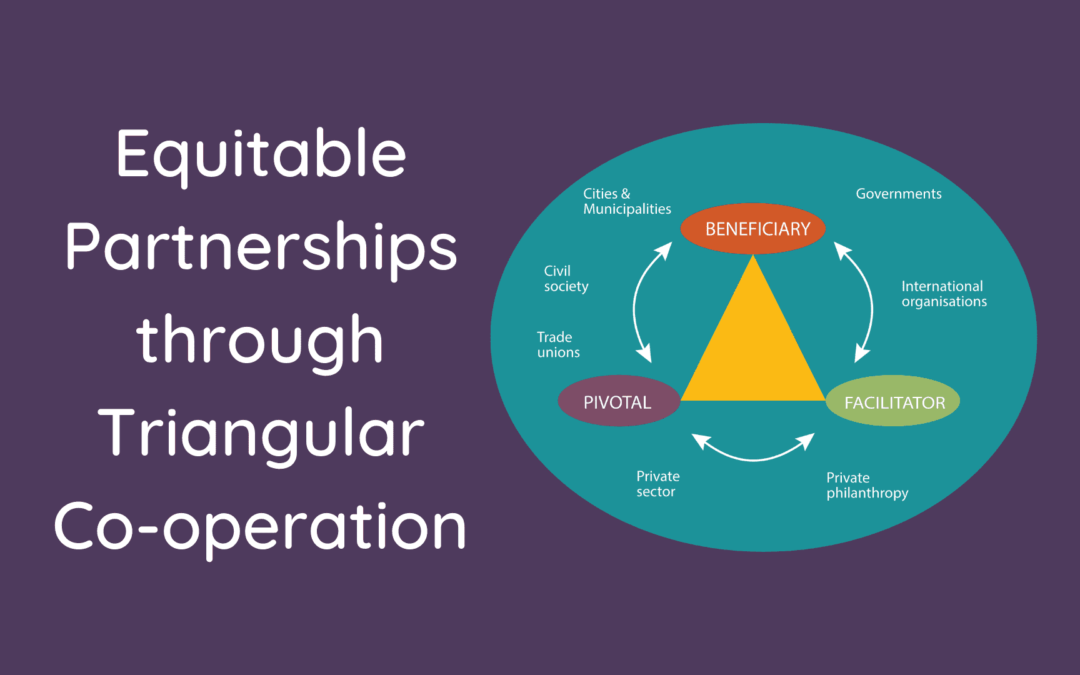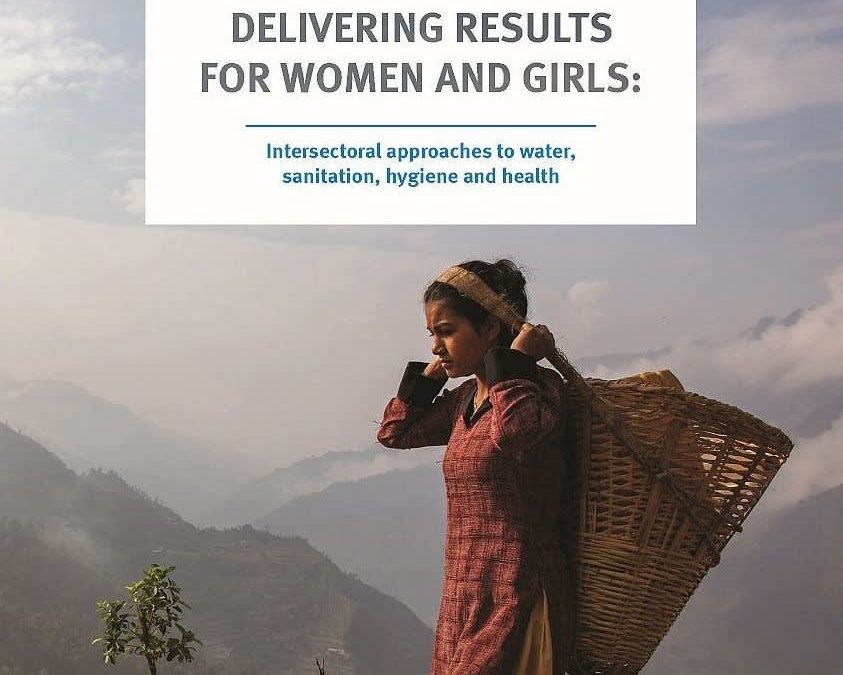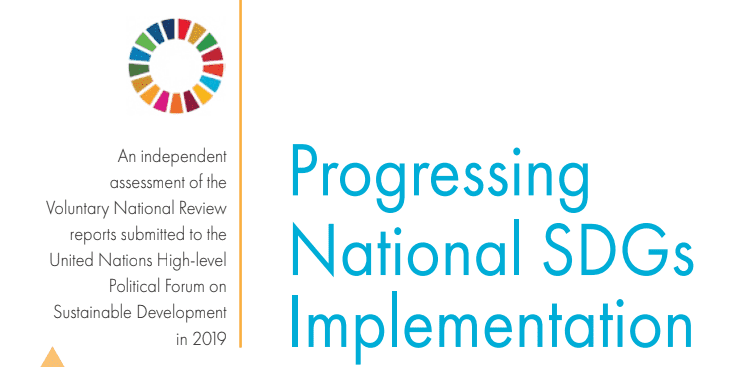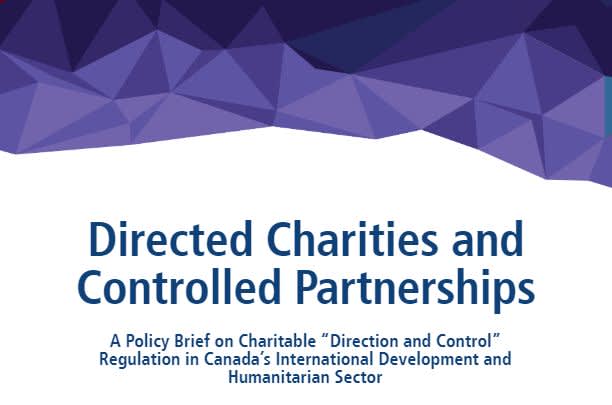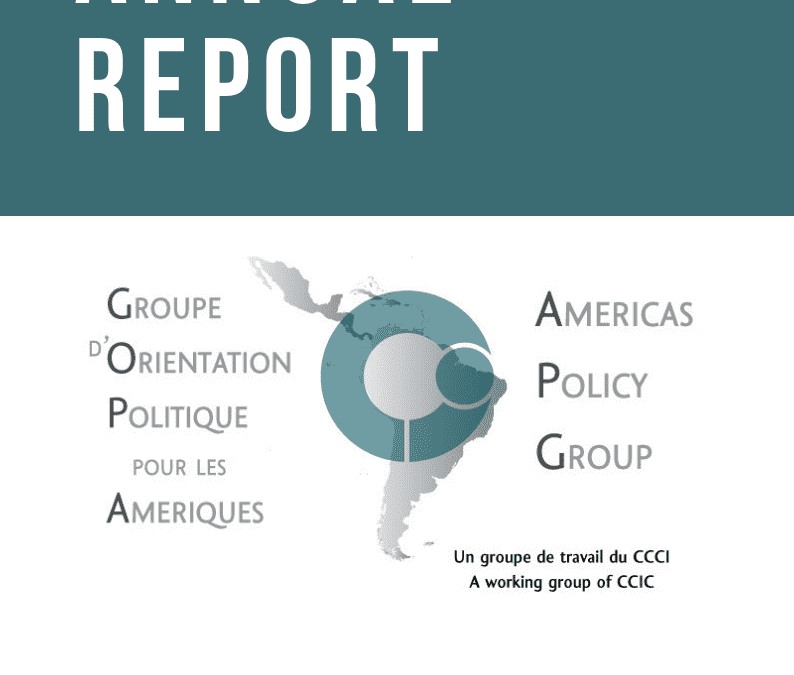Humanitarian Policy
At the meeting, CCIC presented a review of recent developments in humanitarian policy and funding. Below are the key messages:
After months of consultation through a far-reaching and highly consultative International Assistance Review, Canada launched its new Canada’s Feminist International Assistance Policy (FIAP) in June 2017. Humanitarian assistance was integrated within this Policy, grouped alongside health and nutrition and education as part of the “Human Dignity” action area.
Yet while humanitarian assistance was in some sense subsumed within the FIAP framework, it stood out in terms of implementation. Some two years later, in April 2019, Canada launched its Policy on Gender Equality in Humanitarian Action as the first of a set of policies on each of the action areas in the FIAP.
The story behind the leadership of the humanitarian sector in FIAP implementation is one of civil society engagement. At the end of 2017, as soon as the government announced that it would develop a suite of policies to guide the FIAP, the Humanitarian Policy and Advocacy Group at the Canadian Council for International Co-operation prepared a substantial and comprehensive joint submission proposing principles and activities for a feminist humanitarian policy. This followed up on the longstanding civil society ask for a defined Canadian humanitarian policy – something that, in the context of the FIAP, Global Affairs Canada (GAC) appeared prepared to deliver. In its submission, the humanitarian sector asked for an emphasis on an intersectional approach to humanitarian assistance that recognizes the nexus between humanitarian response, development, and peacebuilding.
After more than a year of back-and-forth between ministerial and bureaucratic staff at GAC, the humanitarian team there reached out in early 2019 to the Humanitarian Policy and Advocacy Group and the Humanitarian Response Network of Canada for input on a draft humanitarian policy. The humanitarian sector gave substantial feedback, noting opportunities to enhance rights-based language, clarify the scope, and strengthen the focus on intersectional nexus programming.
This feedback was quite well reflected in the final version of the policy presented at the World Bank and International Monetary Fund Spring Meetings in April 2019. The Humanitarian Policy and Advocacy Group made a joint statement in response to the launch.
As the strong commitments in the FIAP and the humanitarian policy are further implemented through internal guidance and plan, these should be developed jointly by GAC and civil society and informed by both policy and practice.
Humanitarian Funding
The change in Canadian humanitarian policy coincides with changes in Canadian humanitarian funding. These trends are presented in a new analysis from CCIC that was presented to the Humanitarian Response Network at the Heads of Agencies meeting and is now being shared publicly.
Please read this analysis here: Humanitarian Spending 2019

Aislynn Row is the Coordinator of the Humanitarian Response Network of Canada.

Gavin Charles is the Policy Team Lead at the Canadian Council for International Co-operation.
